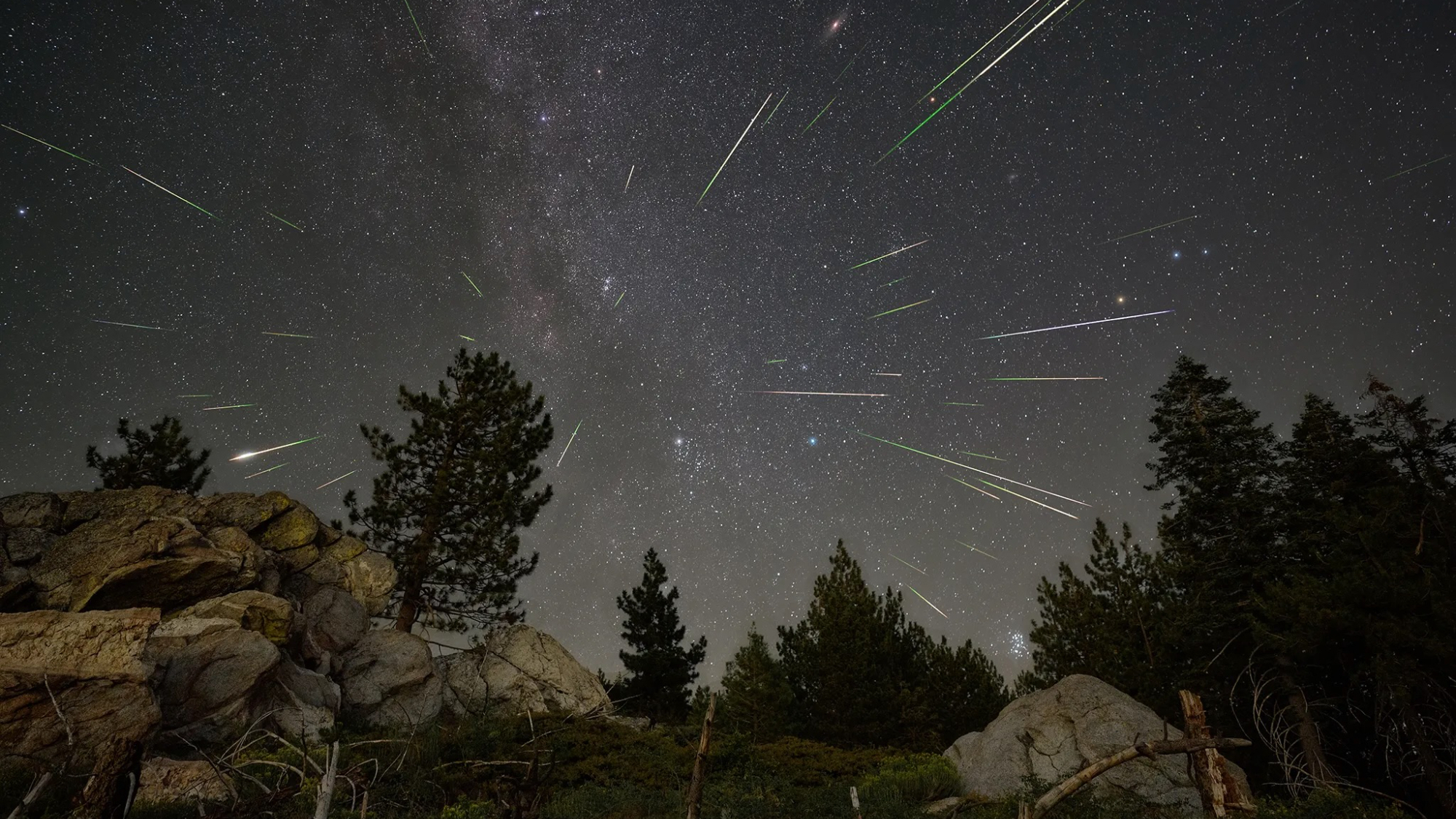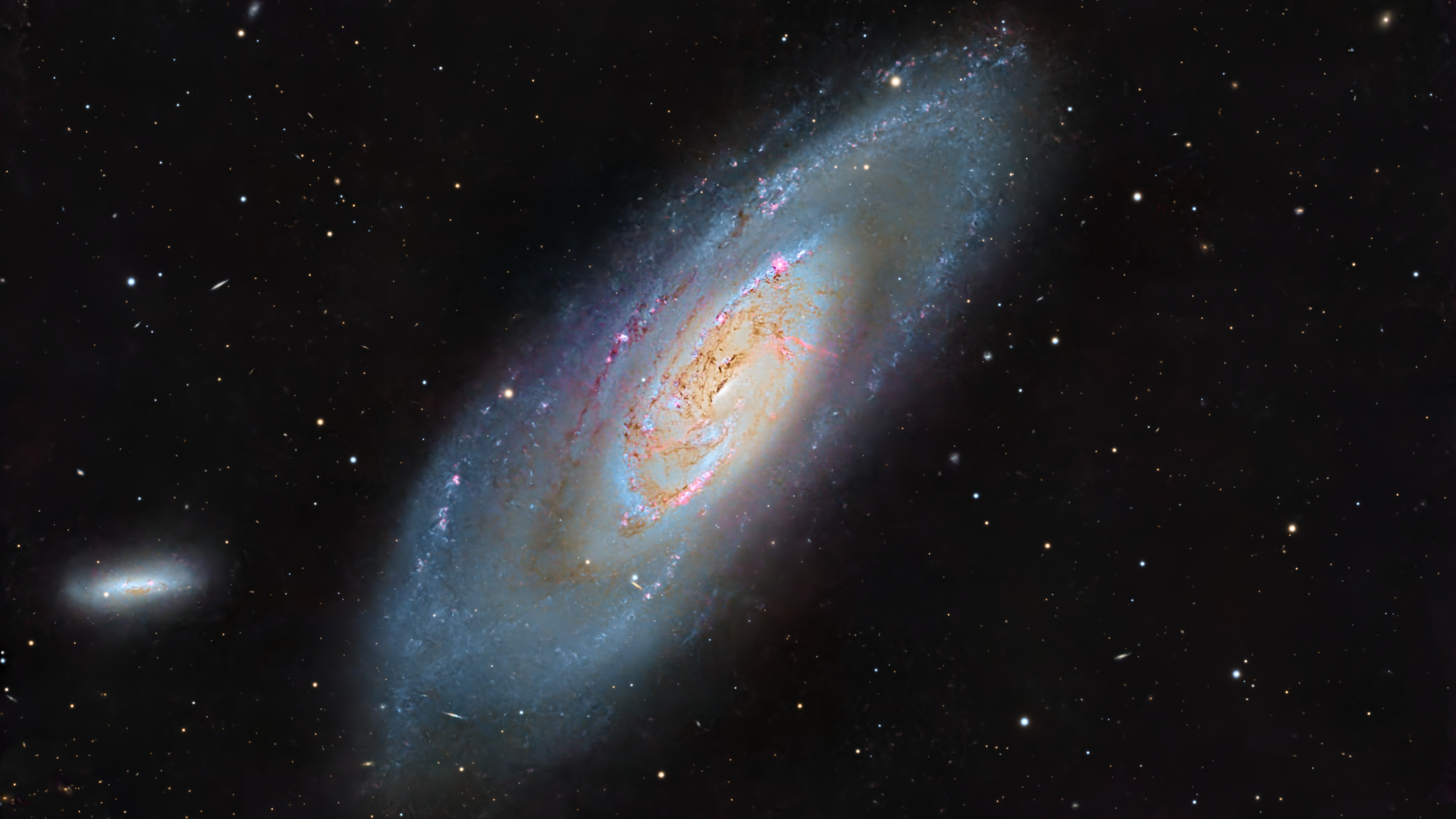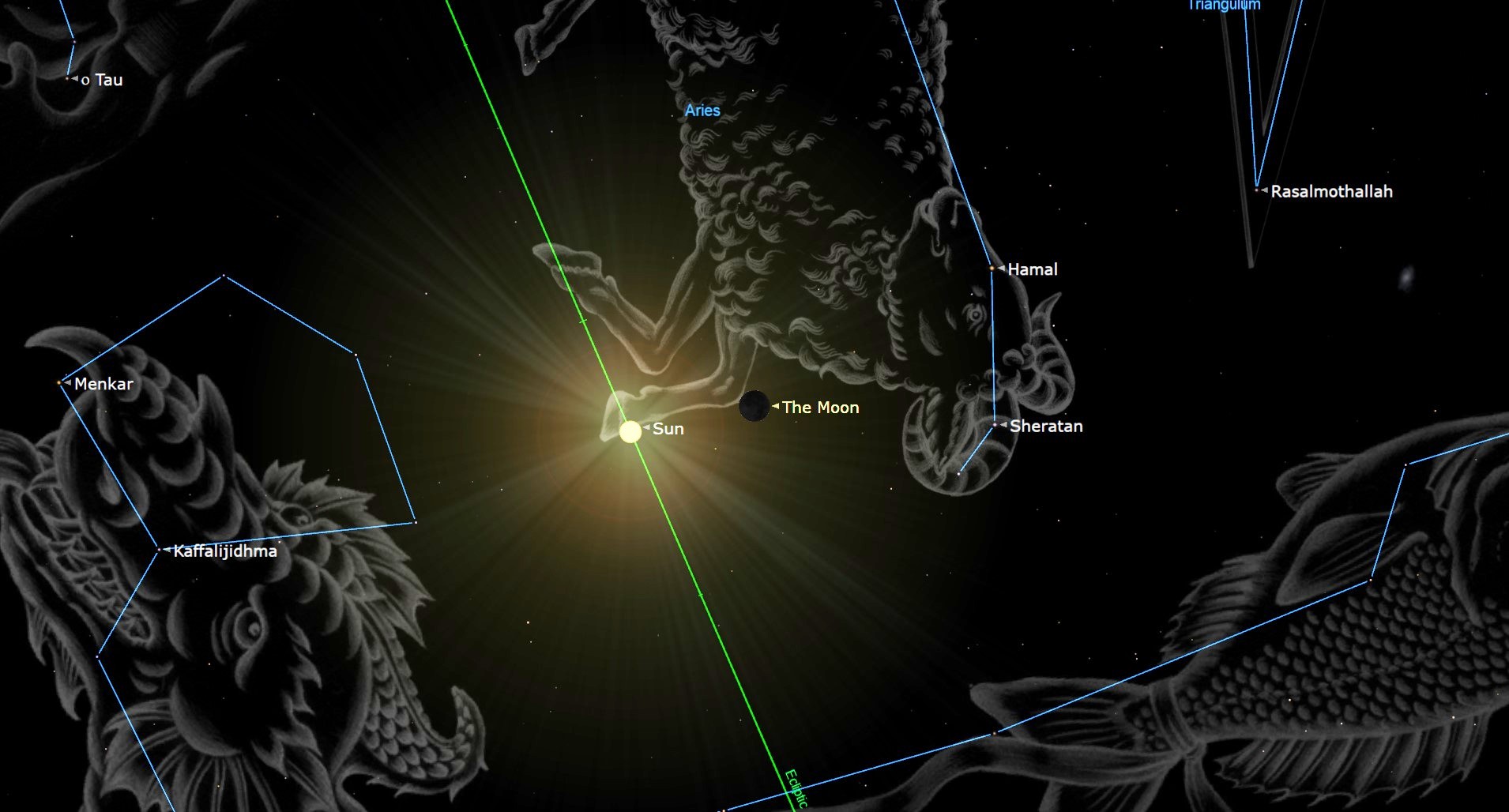The main camera aboard the Hubble Space Telescope will switch to a backup power source to correct an electronics problem that has prevented it from operating normally since June 19.
If everything goes according to plan, the ACS should resume operations Sunday evening.
The announcement was made during a media teleconference Friday morning and comes after a review board meeting on Thursday by scientists and engineers.
On June 19 NASA engineers received an automated notice that Hubble's Advanced Camera for Surveys, or ACS, had entered a "safe mode" that forced engineers to cease its operations. The observatory's other cameras continued to work.
Like your laptop
It was suspected at the time that the problem had to do with the camera's power supply. Engineers have since narrowed the troublemaker to a power supply interface that functions similarly to the power adaptor on a laptop computer.
"You have an adaptor that you plug into your wall that provides the correct voltage to your power charger on your laptop," explained Ed Ruitberg of the Goddard Space Flight Center in Maryland. "It's something like that power adaptor."
Get the Space.com Newsletter
Breaking space news, the latest updates on rocket launches, skywatching events and more!
To correct the problem, NASA decided during Thursday's meeting to switch the ACS over its backup power supply.
Like many components aboard Hubble, the ACS includes two power sources, a primary and a backup, also called a "redundant." The two power sources are physically separated from each other and until now, only the primary power source has been used. The switch to the backup power has already been made and NASA expects to know by later today whether the reconfiguration has worked.
"We expect the reconfiguration will likely clear the problem with the ACS, but we do realize that it is possible that this reconfiguration will not restore the operation," Ruitberg said. "In that case, we will learn a lot more about the problem and the potential solution."
Ruitberg said there is no chance that the reconfiguration will jeopardize the ACS since the switch between primary and backup power supplies is reversible.
"We've come to the conclusion that there are essentially no risks in doing this," he said.
Maybe better
The ACS is made up of three electronic cameras that detect light from the ultraviolet to the near infrared. The instrument was installed during a March 2002 servicing mission and doubled Hubble's existing field of view.
Dave Leckrone, Hubble senior project scientist at Goddard, said switching to the backup power supply should not affect performance in any way. If anything, he said, the switch will improve the quality of images taken by the ACS because it will give engineers a chance to recalibrate the instrument and reduce the operating temperatures of one of its digital image sensors, something that has been on the board for a while now.
"We were reluctant to make a change because the effort to recalibrate was just a very push up and...the science was going along just fine without it. However, since we're going to have to recalibrate anyway, we're going to take advantage of this opportunity to drop the temperature" of one of the camera's image sensors, Lecrone said. "So we're going to get a little bonus out of this activity."
Dropping the temperature of the image sensor should improve picture quality by reducing noise in the images. The recalibration will take place over the next several weeks but should not interfere with science observations, Lecrone said.
"Some observations are less sensitive to miscalibrations than others, but in any event, once the new calibrations values are determined, you can retroactively go back and rereduce the data with the proper configuration," he said.
NASA officials said today they are optimistic that the ACS will continue functioning until Hubble's next servicing mission, which is tentatively scheduled for 2007.
"The ACS was designed with a 5-year lifetime; we're well into year four and only just now are we having to begin to use the redundant capabilities. So I'm hoping it has a good long lifetime to go," Ruitberg said.
- Hubble's Greatest Hits
- Hubble Telescope's MainCamera Stops Working
- Multimedia: The Future of Telescopes
- The First Images from ACS
Join our Space Forums to keep talking space on the latest missions, night sky and more! And if you have a news tip, correction or comment, let us know at: community@space.com.
Ker Than is a science writer and children's book author who joined Space.com as a Staff Writer from 2005 to 2007. Ker covered astronomy and human spaceflight while at Space.com, including space shuttle launches, and has authored three science books for kids about earthquakes, stars and black holes. Ker's work has also appeared in National Geographic, Nature News, New Scientist and Sky & Telescope, among others. He earned a bachelor's degree in biology from UC Irvine and a master's degree in science journalism from New York University. Ker is currently the Director of Science Communications at Stanford University.









